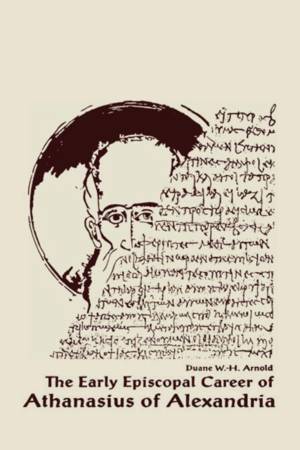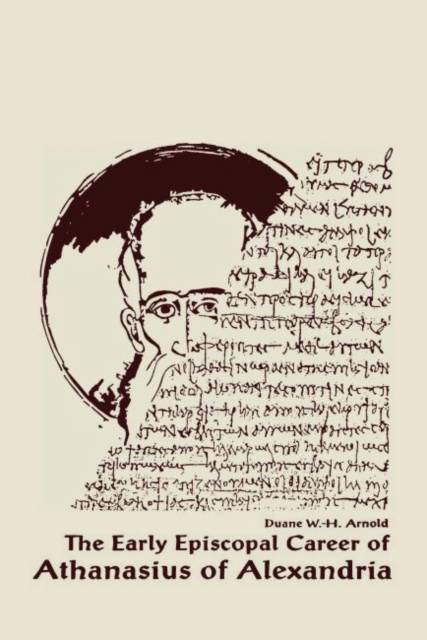
- Afhalen na 1 uur in een winkel met voorraad
- Gratis thuislevering in België vanaf € 30
- Ruim aanbod met 7 miljoen producten
- Afhalen na 1 uur in een winkel met voorraad
- Gratis thuislevering in België vanaf € 30
- Ruim aanbod met 7 miljoen producten
Omschrijving
This historical study examines in detail the first seven years of Athanasius's career as bishop of Alexandria from the time of his election and consecration as bishop in 328 to his banishment by Emperor Constantine following the Synod of Tyre in 335. Thoroughly examining the modern historical and literary tradition, which has arrived at a negative assessment of Athanasius, as well as original contemporary documents both within and outside the Athanasian corpus, Duane W. H. Arnold evaluates their veracity and reassesses ancient and modern charges of misconduct concerning the early years of Athanasius's episcopate.
In the course of this volume particular attention is given to identifying the issues and events in Athanasius's career that have been in dispute, including the reliability of the Philostorgian narratives, the controversy over Athanasius's consecration, and his reaction to the Meletian schism in Egypt especially as it relates to the material contained within London Papyrus 1914 and the documents of the Synod of Tyre. A brief study is also made of the festival oration of Gregory Nazianzen for its information about Athanasius's character and conduct.
Arnold suggests that an evaluation of the charges made against Athanasius both at court and in ecclesiastical gatherings indicates that although the motives of certain opponents may have been theological, the means used to remove Athanasius from Alexandria were essentially political; the Synod of Tyre functioned as a show trial with no real concern for either justice or equity.
Specificaties
Betrokkenen
- Auteur(s):
- Uitgeverij:
Inhoud
- Aantal bladzijden:
- 252
- Taal:
- Engels
- Reeks:
- Reeksnummer:
- nr. 6
Eigenschappen
- Productcode (EAN):
- 9780268009250
- Verschijningsdatum:
- 28/02/1991
- Uitvoering:
- Hardcover
- Formaat:
- Genaaid
- Afmetingen:
- 161 mm x 236 mm
- Gewicht:
- 530 g

Alleen bij Standaard Boekhandel
Beoordelingen
We publiceren alleen reviews die voldoen aan de voorwaarden voor reviews. Bekijk onze voorwaarden voor reviews.











